NY Resonance Presents DictArt Clash: Harmony Vs Tyranny feat. Shostakovich
House of the Redeemer
Wed, March 20, 2024, at 6:30 PM,
EDT
(Ticket sales closed
Mar 20, 5:30 PM EDT)
(Ticket sales closed Mar 20, 5:30 PM EDT)
-

- Don't bring your own drinks
- Alcoholic drinks provided
-
Wheelchair access
- Not wheelchair accessible
This is a Groupmuse Night Out
Explore the wider world of music outside Groupmuse with exclusive discounts to local concerts.
We've got an awesome offer for our Groupmuse community members! March 20 at 6:30pm join your fellow groupmusers for a Night Out with NY Resonance at The House of the Redeemer.
The evening will begin with a wine reception followed by an immersive lecture/performance, featuring Shostakovich's Piano Quintet in G minor.
NY Resonance founder, pianist Leon Livshin, writes this about their upcoming program:
"When I reflect on how artists coped with adversity in the past, figures like Wilhelm Furtwängler, Richard Strauss, Dmitri Shostakovich, Maria Yudina, Sviatoslav Richter, and others come to mind. While some may have seen them as merely adapting, Shostakovich and Yudina, the heroes of our concert, demonstrated that true independence of an artist may lie in his/her artistic integrity. Despite limitations and risks, they remained faithful to their beliefs, navigating a delicate balance between their artistic expression and survival.
Another question arises: why does art seem more significant to us in the most difficult, tragic, and frightening times? For instance, just listen to recordings of Furtwängler during World War II, or Mravinsky performing Shostakovich in 1943 or Vaclav Talich in Czechoslovakia in 1938. We feel that their music transcends the boundaries of music itself and gives birth to a sense of necessity and breathing of that ideal which shakes us to the depths of our soul. So, do we change during disasters? Do we seek solutions and hope? Or does art become different?
Alternatively, why is it that in times of "peace and democracy," the role of art seems to be reduced to spicing our dull lives with entertainment or becoming a product of the elite and chosen few? I believe that every great artist, for example, Shostakovich, found their way to remain true to themselves, even when, from a propaganda standpoint, they had to make terrible compromises. Take, for example, his piano quintet, which we are going to perform. It was born out of a desire to whitewash himself from attempting to write for the people, as he was so often asked to! Shostakovich, as a diligent student, tries to imitate the style of the great (and safe!) Bach, rather than speaking in an "unintelligible" language for the people! And what happened? Despite all his efforts, Shostakovich’s artistic instincts remained predominant, and he remained a reflection of his time (while receiving the Stalin Prize as a security deposit). He could not betray his true self, although perhaps he adapted public appearances to ensure his creative freedom.
Maria Yudina is another example. Her bold act of sending a critical letter to Stalin showcases the power of music amid authoritarianism. Stalin’s appreciation for her playing raises another intriguing question about the judgment of inhumane leaders. Can despots also possess good taste, as Hitler did with Furtwängler and Stalin with Sofronitsky, Gilles, and Yudina? These questions underscore the complex interplay between art, politics, and human nature.
All tickets include complimentary alcohol. Seating is general admission, first come first served.
What's the music?
Shostakovich: Quintet in G minor
Location
This is a Groupmuse Night Out
Explore the wider world of music outside Groupmuse with exclusive discounts to local concerts.
Attendees












Similar events
-
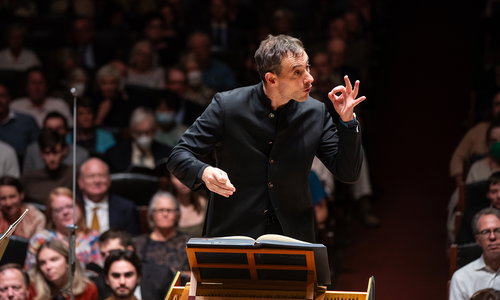 Groupmuse Night Out
Groupmuse Night OutHandel and Haydn Presents: Haydn and Beethoven
Sunday, Mar 30 3:00 PM EDT
- Neighborhood: Symphony Hall
- Price: $20 tickets ($15 for Supermusers)
Spots available
-
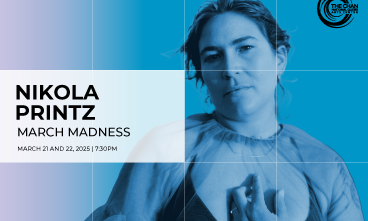 Groupmuse Night Out
Groupmuse Night OutSF Gay Men's Chorus Presents: NIKOLA PRINTZ
Saturday, Mar 22 7:30 PM PDT
- Neighborhood: SoMa, SF
- Price: $20 tickets ($15 for Supermusers)
Spots available
-
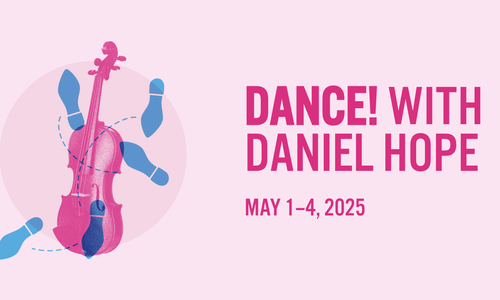 Groupmuse Night Out
Groupmuse Night OutNCCO Presents: DANCE! with Daniel Hope
Saturday, May 3 2:00 PM PDT
- Neighborhood: Presidio Theatre
- Price: $20 tickets ($10 for Supermusers)
Spots available
-
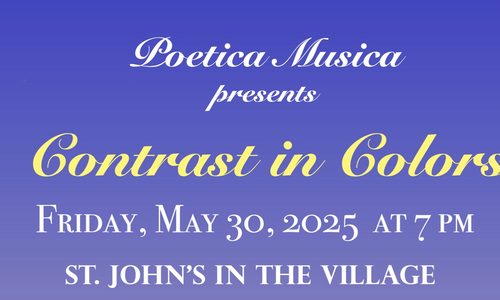 Groupmuse Night Out
Groupmuse Night OutPoetica Musica Presents: Contrast in Colors
Friday, May 30 7:00 PM EDT
- Neighborhood: St. John's in the Village
- Price: $10 tickets ($5 for Supermusers)
Spots available
-
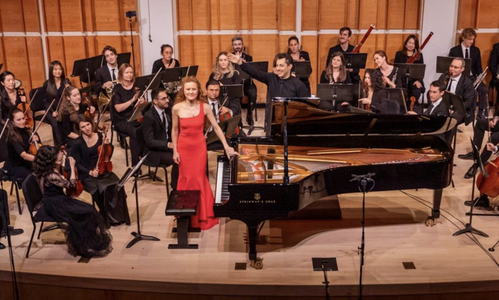 Groupmuse Night Out
Groupmuse Night OutPegasus Presents: THE NEW WORLD | A Journey of American Music
Saturday, Apr 19 7:30 PM EDT
- Neighborhood: Merkin Hall
- Price: $20 tickets ($15 for Supermusers)
Spots available
-
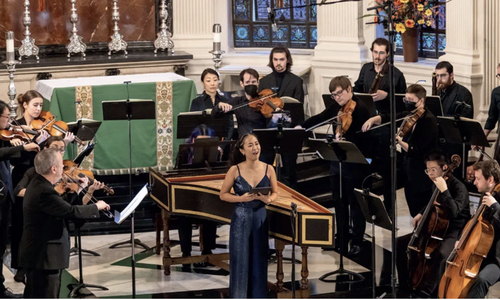 Groupmuse Night Out
Groupmuse Night OutMusic Before 1800 Presents: CORELLI IN CHIQUITOS | MUSIC FROM THE MISSIONS
Sunday, May 18 4:00 PM EDT
- Neighborhood: CORPUS CHRISTI CHURCH
- Price: $20 tickets ($10 for Supermusers)
Spots available
-
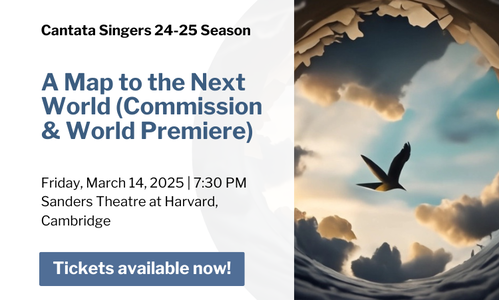 Groupmuse Night Out
Groupmuse Night OutCantata Singers Presents: A Map to the Next World
Friday, Mar 14 7:30 PM EDT
- Neighborhood: Sanders Theatre
- Price: $20 tickets ($10 for Supermusers)
Spots available
-
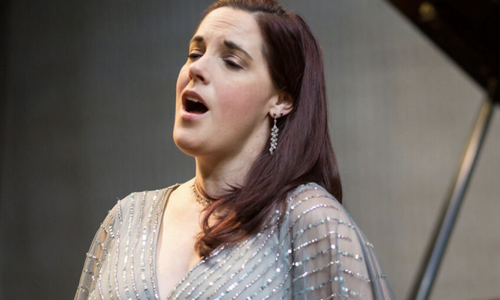 Groupmuse Night Out
Groupmuse Night OutChameleon Arts Ensemble Presents: Chamber Series 4 | How it ends
Saturday, Apr 5 7:30 PM EDT
- Neighborhood: First Church in Boston
- Price: $15 tickets ($10 for Supermusers)
Spots available
-
 Groupmuse Night Out
Groupmuse Night OutThe Chan National Queer Arts Center Presents: NIKOLA PRINTZ
Friday, Mar 21 7:30 PM PDT
- Neighborhood: SoMa, SF
- Price: $20 tickets ($15 for Supermusers)
Spots available
-
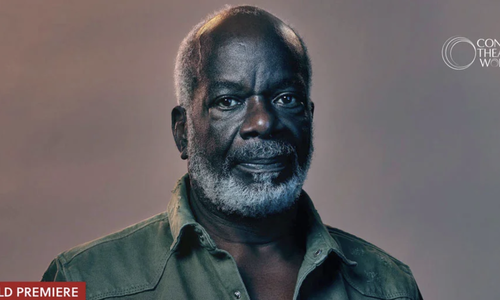 Groupmuse Night Out
Groupmuse Night OutMusic Before 1800 Presents: MARKUS PASSION
Sunday, Apr 13 4:00 PM EDT
- Neighborhood: CORPUS CHRISTI CHURCH
- Price: $20 tickets ($10 for Supermusers)
Spots available
-
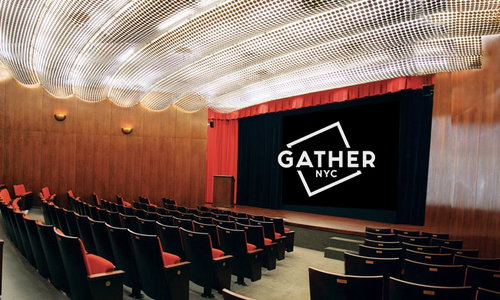 Groupmuse Night Out
Groupmuse Night OutGatherNYC Presents: Daedalus Quartet
Sunday, Mar 16 10:30 AM EDT
- Neighborhood: Museum of Arts & Design
- Price: $15 tickets ($10 for Supermusers)
Spots available
-
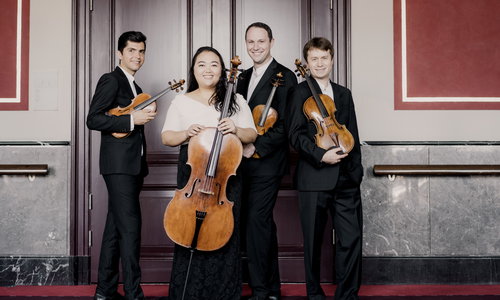 Groupmuse Night Out
Groupmuse Night OutCelebrity Series of Boston Presents: The Calidore String Quartet
Sunday, Mar 23 3:00 PM EDT
- Neighborhood: NEC's Jordan Hall
- Price: $20 early bird tickets ($15 for Supermusers)
Spots available
-
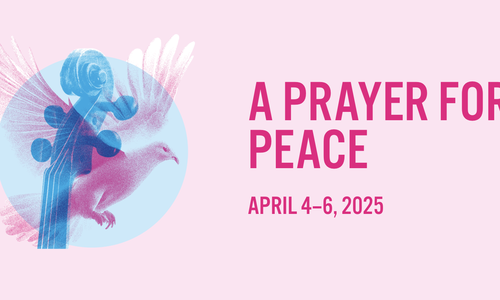 Groupmuse Night Out
Groupmuse Night OutNCCO Presents: A Prayer for Peace
Saturday, Apr 5 2:00 PM PDT
- Neighborhood: Cathedral Hill, SF
- Price: $20 tickets ($10 for Supermusers)
Spots available
-
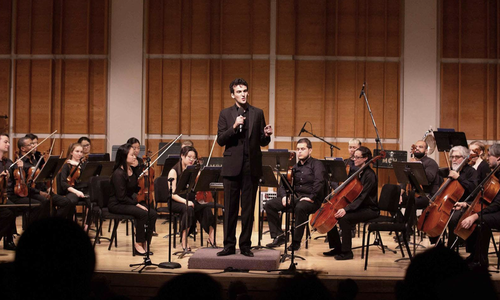 Groupmuse Night Out
Groupmuse Night OutParlando Presents: The Cabaret Project, Part 1
Thursday, May 1 7:30 PM EDT
- Neighborhood: Kaufman Music Center
- Price: $15 tickets ($10 for Supermusers)
Spots available
-
 Groupmuse Night Out
Groupmuse Night OutHandel and Haydn Presents: Haydn and Beethoven
Friday, Mar 28 7:30 PM EDT
- Neighborhood: Symphony Hall
- Price: $20 tickets ($15 for Supermusers)
This groupmuse is full
-
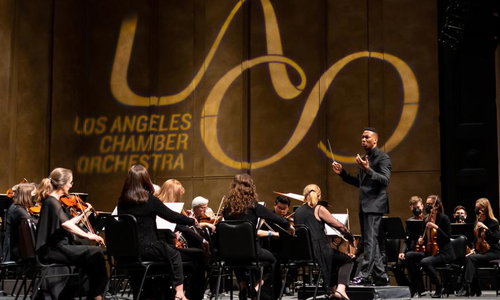 Groupmuse Night Out
Groupmuse Night OutMOZART + HAYDN + HANDEL: A Los Angeles Chamber Orchestra Night Out
Saturday, Mar 15 7:30 PM PDT
- Neighborhood: Downtown, Glendale
- Price: $20 tickets ($15 for Supermusers)
Spots available
-
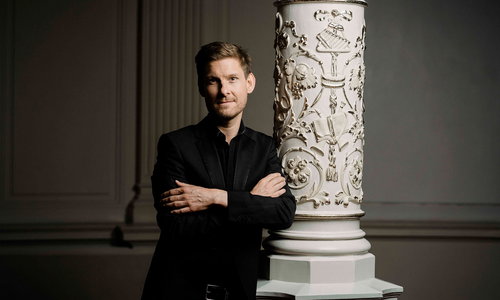 Groupmuse Night Out
Groupmuse Night OutHandel and Haydn Presents: Beethoven, Mozart, and the Bear
Friday, May 2 7:30 PM EDT
- Neighborhood: Symphony Hall
- Price: $20 tickets ($15 for Supermusers)
Spots available
-
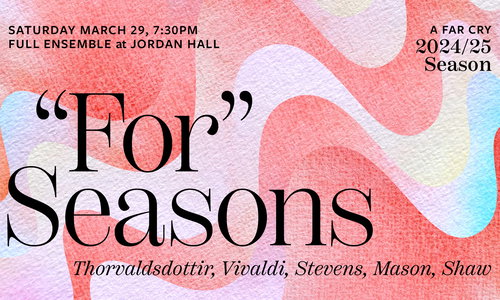 Groupmuse Night Out
Groupmuse Night OutA Far Cry Presents: "For" Seasons
Saturday, Mar 29 7:30 PM EDT
- Neighborhood: NEC's Jordan Hall
- Price: $15 tickets ($10 for Supermusers)
Spots available
-
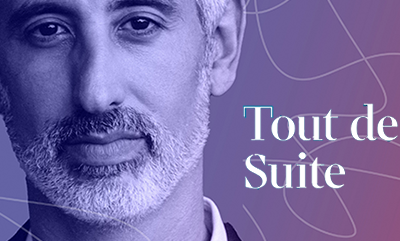 Groupmuse Night Out
Groupmuse Night OutPhilharmonia Baroque Orchestra Presents: Tout de Suite
Thursday, Apr 10 7:30 PM PDT
- Neighborhood: Herbst Theatre
- Price: $20 tickets ($15 for Supermusers)
Spots available
-
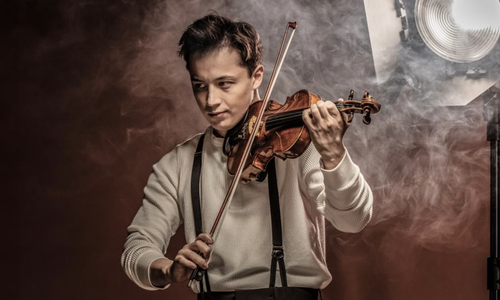 Groupmuse Night Out
Groupmuse Night OutSF Performances Presents: Johan Dalene (violin) and Sahun Sam Hong (piano)
Friday, Mar 28 7:30 PM PDT
- Neighborhood: Herbst Theatre
- Price: $20 early bird tickets ($10 for Supermusers)
Spots available
-
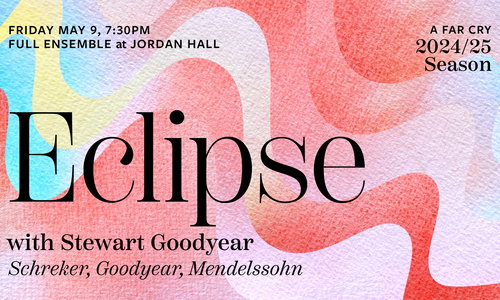 Groupmuse Night Out
Groupmuse Night OutFriday, May 9 7:30 PM EDT
- Neighborhood: NEC's Jordan Hall
- Price: $15 tickets ($10 for Supermusers)
Spots available
-
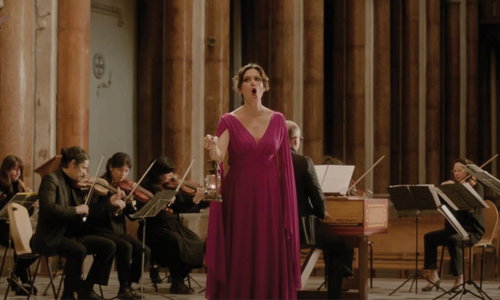 Groupmuse Night Out
Groupmuse Night OutAspect Presents: The Ghosts of Hamlet | Italian Baroque Operas
Thursday, Mar 13 7:30 PM EDT
- Neighborhood: Bohemian National Hall
- Price: $20 tickets ($12 for Supermusers)
Spots available
-
 Groupmuse Night Out
Groupmuse Night OutHandel and Haydn Presents: Beethoven, Mozart, and the Bear
Sunday, May 4 3:00 PM EDT
- Neighborhood: Symphony Hall
- Price: $20 tickets ($15 for Supermusers)
Spots available
-
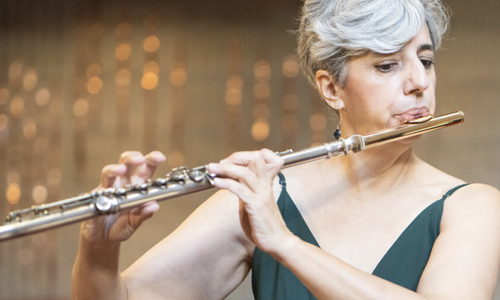 Groupmuse Night Out
Groupmuse Night OutChameleon Arts Ensemble Presents: Chamber Series 5 | Exultation is the going
Saturday, May 17 7:30 PM EDT
- Neighborhood: First Church in Boston
- Price: $15 tickets ($10 for Supermusers)
Spots available
 Continue with Facebook
Continue with Facebook
 Continue with Google
Continue with Google
 Continue with Apple
Continue with Apple
Comments
Comment sections are only for participants.